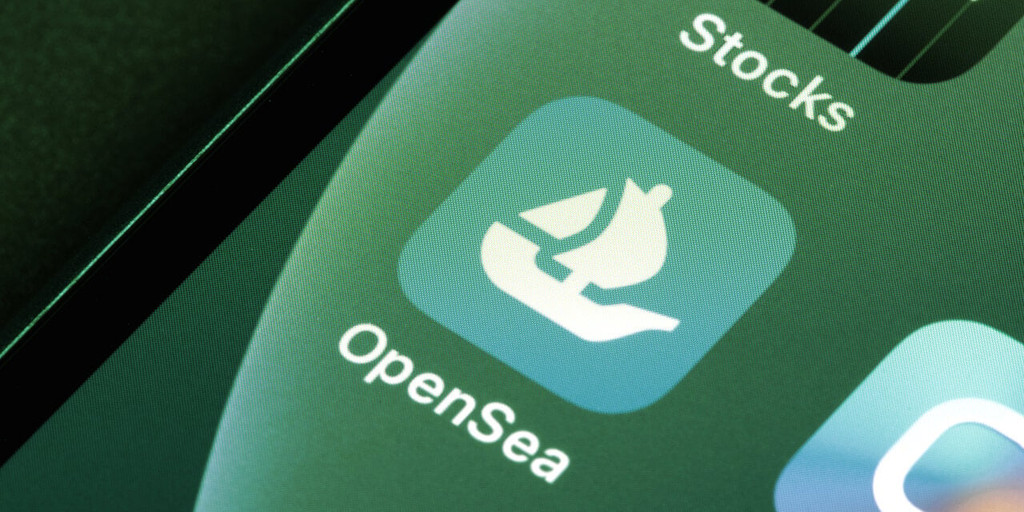Pointing out U.S. sanctions on Cuba, OpenSea, the world’s biggest market for non-fungible tokens (NFT), stated today that it’s prohibiting digital artists from all nations approved by the United States.
The restriction emerged recently after NFTcuba.ART, a task that assists Cuban artists be successful in the NFT market, tweeted that OpenSea had actually disabled its profile on the market. Not just “Cubans on the island, however those who have other citizenships need to withstand censorship in web3 business,” composed NFTcuba.ART. The task asserts that the sanctions are being used unjustly to Cuban artists who are living outside the island country.
A message on the cumulative’s site cautioned that the task was prohibited from OpenSea, stating this is “most likely even if it has the name Cuba in it and or they are afraid of sanctions.”
The New York-based business, nevertheless, stated it’s just adhering to U.S. sanctions law.
” Our Regards to Service clearly restrict approved people, people in approved jurisdictions, or services from utilizing OpenSea. We continue to holistically examine what other procedures require to be required to serve our neighborhood and abide by appropriate law,” an OpenSea representative informed Decrypt.
OpenSea likewise discussed that “sanctions versus Cuba are effectuated by numerous legal authorities. They take kind in executive orders, federal statutes, and policies in the Code of Federal Laws (CFR). The sanctions are made complex and target particular activity, consisting of financial activity, in Cuba. Because of these limitations, OpenSea does not permit usage of its services from Cuba.”
As at first reported by Associated Press, Cuban artists insist they have actually never ever been informed clearly why their accounts were removed, with some thinking that OpenSea might be doing it out of a surplus of care. Contributing to the confusion is the reality that a number of the artists are Cuban ex-pats, no longer surviving on the island. The creator of NFTcuba.ART, Gianni D’Alerta, presently resides in the U.S., while Gabriel Bianchini, co-host of a task that included Cuban artists at OpenSea throughout National Hispanic Heritage Month, is Swiss-Italian and resides in Spain, according to Artnet News.
NFTcuba.ART didn’t instantly react to Decrypt’s ask for remark.
Who else is on the sanctions list
This is not the very first time NFTcuba.ART grumbled about the OpenSea restriction. The task tweeted about problems it dealt with on the market in March, advising artists and collectors to rely on platforms without such policies.
In March, Iranian artists likewise grumbled about being disallowed from the market. “OpenSea obstructs users and areas on the U.S. sanctions list from utilizing our services– consisting of purchasing, selling, or moving NFTs on OpenSea,” a representative for the market informed Decrypt at the time.
According to OpenSea, the market has “a no tolerance policy for making use of our services by approved people or entities and individuals situated in approved nations. If we discover people to be in infraction of our sanctions policy, we take speedy action to prohibit the associated accounts.”
The U.S. has extensive financial sanctions for North Korea, Syria, Russia, Cuba, and Iran, and has actually actively imposed the policy. In October, the U.S. Treasury Department fined crypto exchange Bittrex $53 million for permitting traders to avert American sanctions in nations consisting of Cuba, Syria, Iran and Sudan.
Remain on top of crypto news, get day-to-day updates in your inbox.








